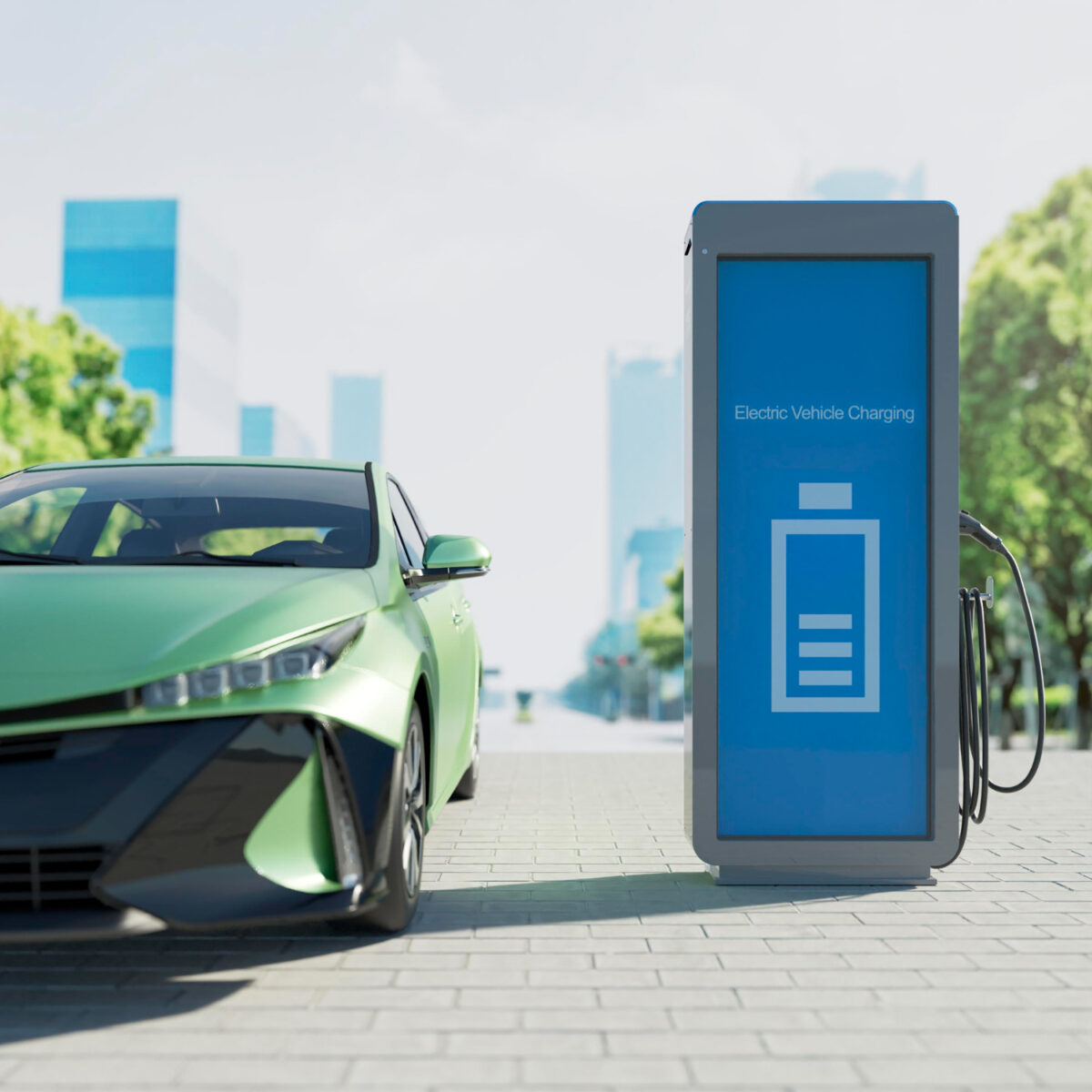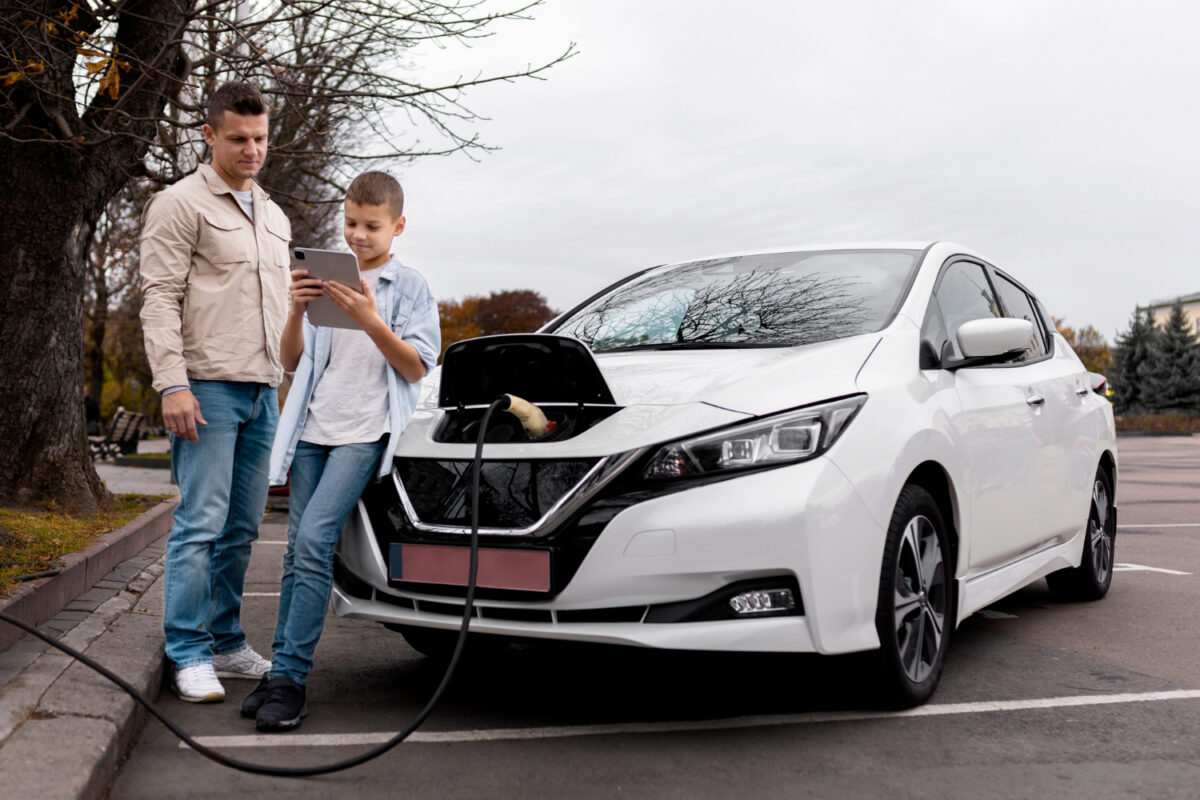Introduction
The holiday season is a time of joy and celebration, often filled with road trips to visit family or holiday destinations. While the excitement of the season is undeniable, preparing your vehicle for long-distance travel is crucial to ensure safety and avoid unexpected issues. At Mann Auto Collision Centre, we believe proper preparation is key to a smooth and stress-free holiday journey. Follow these essential tips to get your car ready for the road.
Inspect and Maintain Your Tires
Your tires are your vehicle’s first line of defense on winter roads. Proper tire maintenance ensures better traction, control, and overall safety, especially in icy or snowy conditions.
What to Do:
- Check the Tread Depth: Ensure your tires have sufficient tread depth to handle slippery surfaces.
- Switch to Winter Tires: Winter tires are specially designed for improved traction in cold weather.
- Monitor Tire Pressure: Cold temperatures can cause tire pressure to drop, so keep them properly inflated.
If you’re unsure about your tires’ condition, visit Mann Auto Collision Centre for a thorough inspection and assistance with winter tire installation.
Test Your Car Battery
Car batteries can lose efficiency in cold weather, making them more likely to fail when you need them most. Ensuring your battery is in top condition is critical for reliable holiday travel.
What to Do:
- Inspect for Corrosion: Clean the battery terminals to ensure a strong connection.
- Test Battery Health: Have your battery’s voltage tested to check its performance.
- Replace If Necessary: If your battery is over three years old, consider replacing it to avoid issues on the road.
At Mann Auto Collision Centre, we offer battery testing and replacement services to ensure your vehicle starts reliably in winter conditions.
Check Your Brakes for Optimal Safety
Brakes are essential for safe driving, especially in heavy holiday traffic or on slippery winter roads. Faulty brakes can lead to accidents, so a pre-trip inspection is vital.
What to Do:
- Inspect Brake Pads and Rotors: Ensure they are in good condition and have enough thickness.
- Check Brake Fluid Levels: Low fluid can compromise braking performance.
- Listen for Warning Signs: Squealing or grinding sounds indicate that your brakes need attention.
For professional brake inspections and repairs, trust the experts at Mann Auto Collision Centre to keep you safe on the road.
Ensure All Fluids Are at Proper Levels
Fluids play a vital role in your vehicle’s performance and durability, especially during long trips. Low or dirty fluids can lead to mechanical issues.
What to Do:
- Engine Oil: Use winter-grade oil that performs better in cold weather.
- Coolant: Check that your coolant levels are sufficient and antifreeze is at the correct ratio.
- Windshield Washer Fluid: Refill with a winter-specific fluid to prevent freezing.
- Transmission Fluid: Inspect and top it up if necessary.
Regular fluid checks at Mann Auto Collision Centre can ensure your vehicle runs smoothly during holiday travel.
Test Lights and Wipers
Good visibility is crucial for safe driving, especially during winter’s short daylight hours and unpredictable weather. Ensuring your lights and wipers are in working order will keep you safe in low visibility conditions.
What to Do:
- Check Headlights and Taillights: Replace any burnt-out bulbs and clean the lenses for maximum brightness.
- Inspect Fog Lights: Ensure they are functioning properly for driving in poor weather.
- Replace Wiper Blades: Install winter-grade wipers for better performance in snow and rain.
At Mann Auto Collision Centre, we can assist with replacing lights and wipers to ensure your visibility is never compromised.
Prepare Your Heating and Defrosting Systems
Driving in freezing weather requires a functional heating system to keep you comfortable and a reliable defrosting system to maintain visibility.
What to Do:
- Test the Heater: Ensure it’s blowing warm air effectively.
- Inspect Defrosters: Check both front and rear defrosters for proper operation.
- Clear Vents: Ensure air vents are free from obstructions to maintain airflow.
For any repairs or inspections, visit Mann Auto Collision Centre to keep your heating and defrosting systems in top shape.
Pack a Winter Emergency Kit
Even with proper preparation, emergencies can still happen. Having a well-stocked emergency kit can make a big difference if you find yourself stranded.
What to Include:
- Blankets and warm clothing
- Flashlight with extra batteries
- Jumper cables
- Ice scraper and snowbrush
- Non-perishable snacks and water
- First aid kit
- Portable phone charger
Always keep your emergency kit in an easily accessible location, such as the trunk or backseat.
Plan Your Route and Drive Carefully
Holiday traffic can be unpredictable, and winter weather can quickly make driving conditions dangerous. Planning ahead can save you time and reduce stress.
What to Do:
- Check Weather Reports: Monitor the forecast before heading out to avoid harsh conditions.
- Use Navigation Apps: Rely on apps that provide real-time traffic updates to avoid congestion.
- Drive Cautiously: Maintain a safe following distance, reduce your speed, and avoid sudden braking or acceleration.
At Mann Auto Collision Centre, we’re here to support you with expert advice and services to prepare your car for holiday travel.
Conclusion
Preparing your vehicle for holiday travel is the key to ensuring a safe and stress-free journey. From tire inspections and fluid checks to testing your brakes and packing an emergency kit, these steps can make all the difference when it comes to staying safe on the road. At Mann Auto Collision Centre, we’re dedicated to helping you keep your car in optimal condition for the season.
If you’re planning a holiday trip and want peace of mind, contact Mann Auto Collision Centre for a comprehensive pre-trip inspection. Let us help you enjoy a smooth and worry-free holiday season. Drive safe and happy holidays!




















